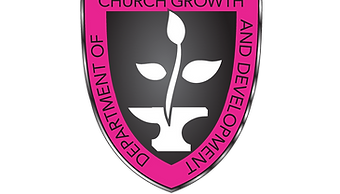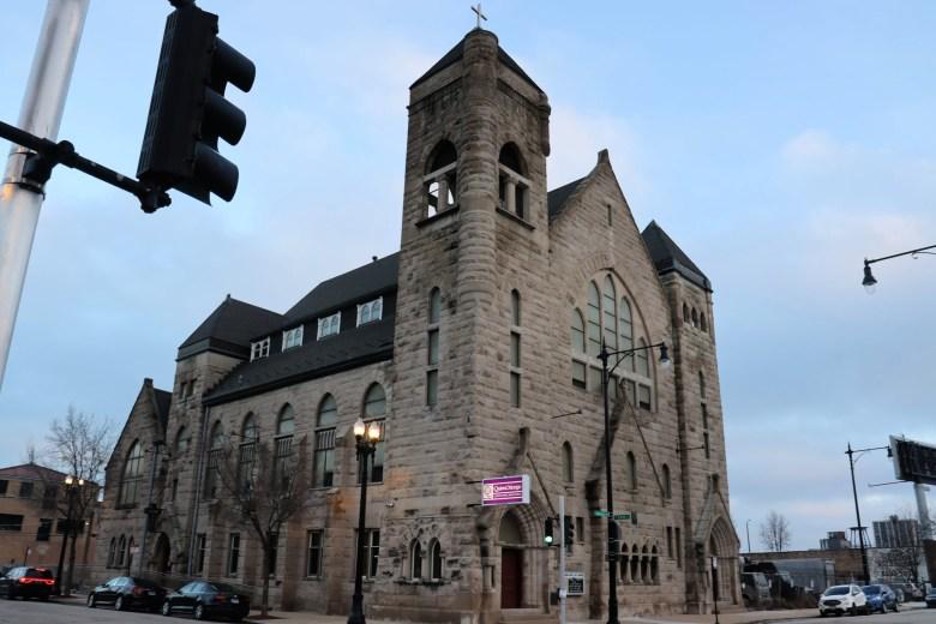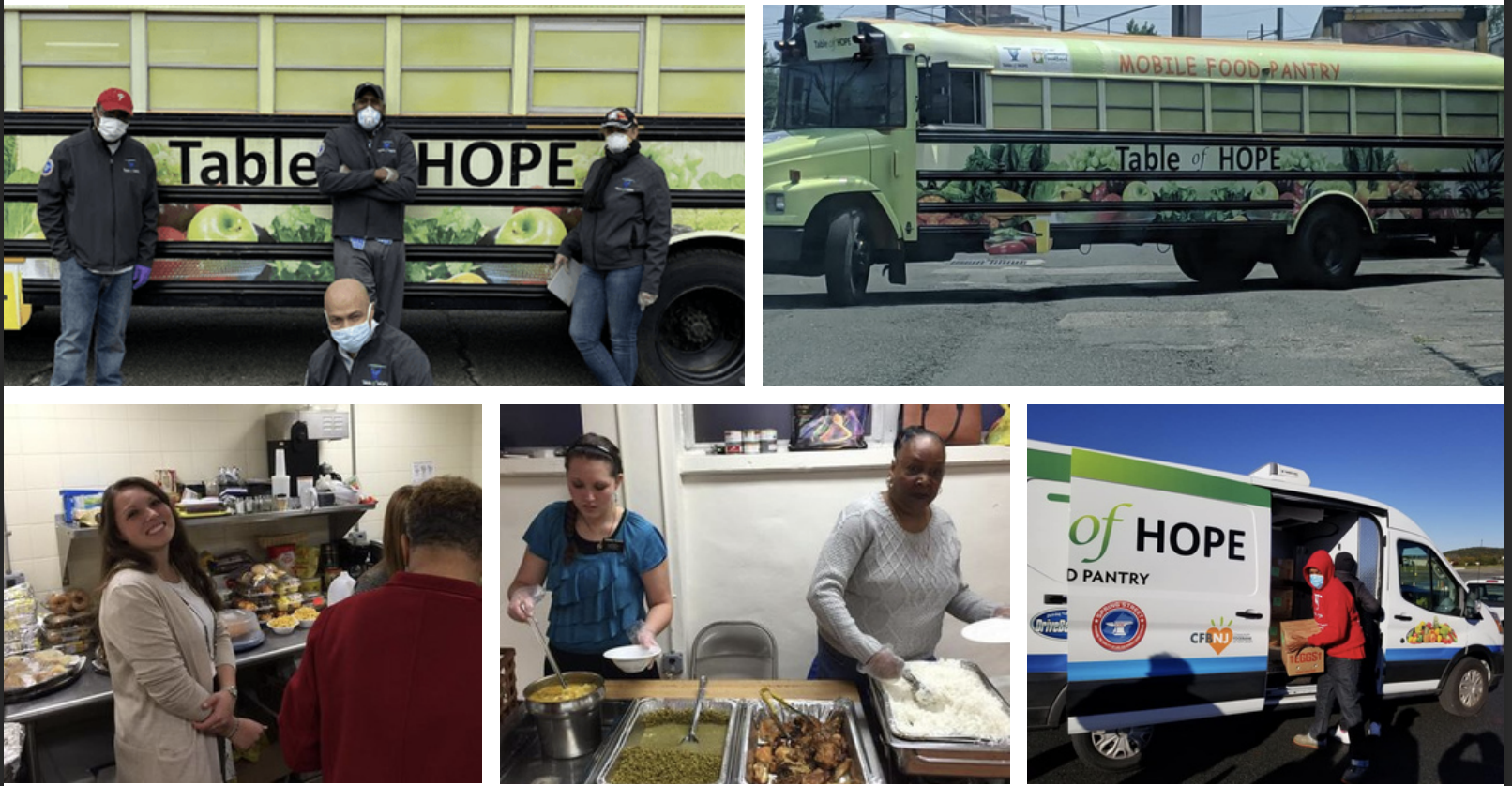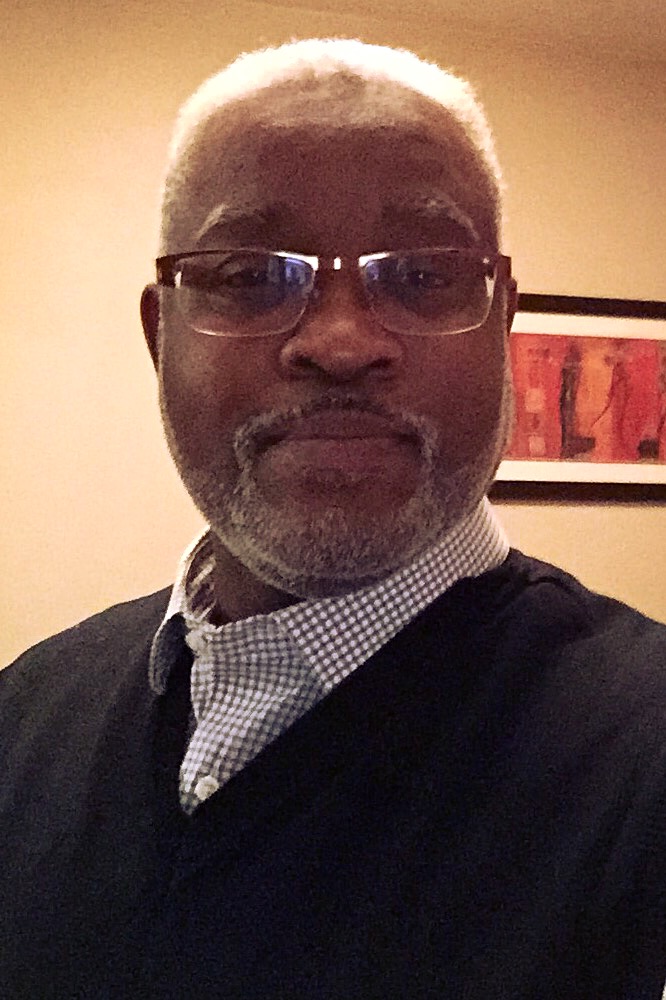St Stephen A.M.E Church, Detroit, Revitalizing its Community
By Patricia A. Marshall, Contributing Writer
Under the leadership of Rev. Dr. Darryl Williams, St. Stephen A.M.E. Church is revitalizing its community! St Stephen has existed on the same corner for 102 years. Most of the businesses, homeowners, and churches left, leaving behind a trail of abandoned houses. Dr. Williams came in with a vision to rid the area of these abandoned houses and return the community to its vibrant days of long ago, the place that he remembered when visiting St Stephen as a young pastor years ago. The first step in the revitalization was taken recently when St Stephen had two abandoned houses demolished directly across the street from the church that had been an eyesore for years. The land was cleared and then purchased by The St Stephen Community Development Corporation. In addition to these two lots, two other lots were purchased that now serves as a Community Garden.
Our pastor knew that developing a decaying neighborhood would take strategic planning, building collaborations and a lot of patience. He also felt that the laurels and achievements of the past should not be rested upon without setting new goals for the future. His objective was to develop an alliance with the residents and clergy of the westside community in which St Stephen is a part. The common purpose was to achieve revitalization, revival, and reformation by improving community services and blight reduction. He also was intentional in attracting the attention of government officials on the city, state, and federal level to receive monetary funding for municipal distributions.
Our pastor was challenged by the aforementioned two houses that were side by side, across the street on the corner facing the church. One of the two houses had been the family home of Henry and Dorothy Wear, who were two of the church’s staunchest supporters and oldest members. After their demise, their home was neglected and stood vacant and in disrepair for over a decade. To develop the land where their home stood would be a wonderful way to honor their memory. Both houses were boarded up to prevent them from becoming subjected to squatters and stray animals. However, the two homes were still vandalized and became victims of arson, thereby, creating more of an eyesore in the face of the church.
The Detroit Land Bank Authority was created to make vacant and residential public property available for sale to promote homeownership, neighborhood revitalization, urban agriculture, and economic growth in the City of Detroit. The DLBA both develops and cooperates with the departments and agencies of the city in order to carry out this mission. It is a public authority that owns and manages approximately 100,000 parcels of property in the City of Detroit, making it the City’s largest landowner. The property inventory of the Detroit Land Bank consists of vacant lots, abandoned houses, and many other structures that are often forced into tax foreclosure. Once this process of public ownership takes place, an inventory team considers several factors, including the condition of the homes and sales potential. It sells houses on its website through multiple programs, primarily by Auction. While awaiting their fate, the properties that are not bid on are charged with maintenance, selling, or being demolished. A “brown space” remains once the structure is razed.
Once the lots were seeded by the Land Bank, they were offered for sale to the church to use for development and growth that will benefit the community. The resulting green space is being considered for a “raised” vegetable garden and perennial flowers will be planted for beautification purposes, or to build two additional affordable homes. Our pastor’s vision is for our CDC to revitalize a whole City block On John E. Hunter Street between Cobb and McGraw. A dedication ceremony is being planned for the newly acquired lots.
The two lots that were purchased behind the church serves as our Community Reflection Garden. The garden grows a vast array of vegetables and our plans are to install pavers, benches, and a gazebo where anyone can come and sit, relax and reflect. it will be unlike anything in the community. So, as you can tell, our pastor is not only effecting change in our church, but in a community that has been neglected for a long time.








